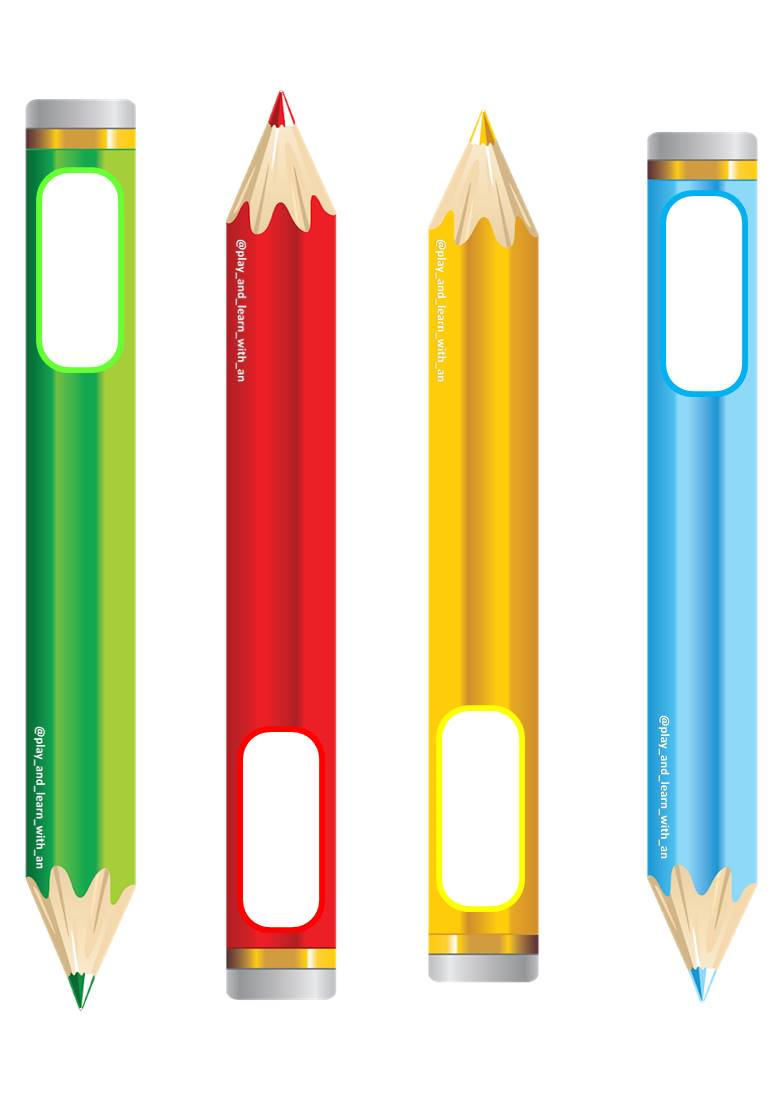
|
Unit 4. Professions and ways of Communication |
Lesson 26 |
||
|
Baitugelova S.B. |
|||
|
Date: 2-4.11.2024 |
|
||
|
Grade: 4 ә,б,ғ,д,е,ж,и,к |
Number present: |
absent: |
|
|
Lesson title |
Means of transport |
||
|
Learning objectives |
4.2.1.1 make basic statements which provide personal information on an increasing range of general and some curricular topics 4.4.2.1 begin to use joined-up handwriting in a limited range of written work; 4.5.1.1 use singular nouns, plural nouns – including some common irregular plural – and uncountable nouns, possessive ‘s/s’ to name, describe and label things; |
||
|
Lesson objectives |
Learners will be able to: - talk about and compare means of transport |
||
|
Plan |
|||
|
Stages / Time |
Teachers actions |
Students actions |
Assessment criteria |
Resources |
|
Beginning of the lesson Warming-up
3 min Pre-learning «Brainstorming» method 7 min. |
Organization moment : 1.Greeting. Ask about the weather. The teacher sets the lesson objectives, letting students know what to anticipate from the lesson. Warming up Where are you from? How old are you? What color is it? How many students are there in class? What day of the week today? Ask a pupil to mime an action associated with one of the places from the previous lesson. Ask the rest of the class to guess which place it is. Demonstrate this yourself first Teacher: (mimes posting a letter) Lead – In Divide the class into two teams, A and B. Write a word from the previous lesson on the board. A pupil from each team comes to the board and writes another word using one of the letters. Each correct answer gets one point. The team with the most points is the winner. |
The aim: To develop pupils speaking skills and create friendly atmosphere Efficiency: By wishing each other they feel better and feel the support of others Students of the class are listed. Students' attention is drawn to the lesson. Learners find mime an action associated with one of the places Determines the topic and purpose of the lesson Students say different words from the picture |
The teacher to assess learners for their ability. “Good job! Well done!” Formative Assessment
Good job! Descriptor: -know key phrases - can make sentence - know vocabulary of previous lesson Total: 1 point Assessment criteria - Learners have met the learning objectives if they can: Talk about and compare means of transport |
Pictures worksheet Student’s book |
|
Middle of the lesson Presentation part. 30 min Task for a student with special education Values |
Ex:5 P:52 • Put the Means of transport poster up on the board. Point to the means of transport, one at a time, and say the corresponding words. The pupils repeat, chorally and/or individually. Point to each means of transport in random order. Ask individual pupils to name them. • Play the CD. The pupils listen, point and repeat. If you wish. play the CD again pausing after each word. The pupils repeat, chorally and/or individually. Then they talk about how they usually travel every day. Ex: 7 P: 52 • Explain the activity. Go through the texts and elicit/explain any unknown words. Allow the pupils some time to complete the activity. Check their answers. Ex: 8 P: 53 • Say, then write: Cars are faster than scooters. Underline the words in bold. The pupils repeat chorally and/or individually. Elicit the spelling rules for the comparative. Explain the irregular adjectives. • Go through the Study spot section briefly. Explain the activity and allow the pupils some time to complete it. Check their answers. Ex: 7 P: 52 • Explain the activity. Go through the texts and elicit/explain any unknown words. Allow the pupils some time to complete the activity. Check their answers. Humility – You might highly value humility if you find yourself disgusted by people who are arrogant or braggadocious, and instead find yourself gravitating to people who are always expressing their gratefulness for the blessings in their life. |
• Pupils listen and repeat. How do you usually travel every day? ANSWERS I usually travel by tram every day • Pupils find the means of transport. More than one can be correct * Ss match the opposites. Then rearrange the letters.. ANSWERS 2 a 3 f 4 e 5 d 6 c 2 safe 3 expensive 4 fast 5 cheap 6 noisy 7 dirty • Pupils say and write ANSWERS 2 better 3 funnier 4 smaller 5 fatter 6 noisy ANSWERS 2 a 3 f 4 e 5 d 6 c 2 safe 3 expensive 4 fast 5 cheap 6 noisy 7 dirty |
Descriptor: - listen, point and repeat - talk about how they usually travel every day Total: 2 point
Descriptor: - match the opposites Total: 2 point Descriptor: - say and write Total: 2 point
Descriptor: - match the opposites Total: 2 point |
Card Worksheet Students book Students book |
|
End of the lesson 5 min |
FEEDBACK Learners provide feedback on what they have learned at the lesson. Home task: ex:6.p52 Ex: 9.p53 |
|
Poster Success
|
|
Тексерілді
Директордың оқу ісі жөніндегі орынбасары:
жүктеу мүмкіндігіне ие боласыз
Бұл материал сайт қолданушысы жариялаған. Материалдың ішінде жазылған барлық ақпаратқа жауапкершілікті жариялаған қолданушы жауап береді. Ұстаз тілегі тек ақпаратты таратуға қолдау көрсетеді. Егер материал сіздің авторлық құқығыңызды бұзған болса немесе басқа да себептермен сайттан өшіру керек деп ойласаңыз осында жазыңыз
Theme of the lesson: Means of transport
Theme of the lesson: Means of transport
|
Unit 4. Professions and ways of Communication |
Lesson 26 |
||
|
Baitugelova S.B. |
|||
|
Date: 2-4.11.2024 |
|
||
|
Grade: 4 ә,б,ғ,д,е,ж,и,к |
Number present: |
absent: |
|
|
Lesson title |
Means of transport |
||
|
Learning objectives |
4.2.1.1 make basic statements which provide personal information on an increasing range of general and some curricular topics 4.4.2.1 begin to use joined-up handwriting in a limited range of written work; 4.5.1.1 use singular nouns, plural nouns – including some common irregular plural – and uncountable nouns, possessive ‘s/s’ to name, describe and label things; |
||
|
Lesson objectives |
Learners will be able to: - talk about and compare means of transport |
||
|
Plan |
|||
|
Stages / Time |
Teachers actions |
Students actions |
Assessment criteria |
Resources |
|
Beginning of the lesson Warming-up
3 min Pre-learning «Brainstorming» method 7 min. |
Organization moment : 1.Greeting. Ask about the weather. The teacher sets the lesson objectives, letting students know what to anticipate from the lesson. Warming up Where are you from? How old are you? What color is it? How many students are there in class? What day of the week today? Ask a pupil to mime an action associated with one of the places from the previous lesson. Ask the rest of the class to guess which place it is. Demonstrate this yourself first Teacher: (mimes posting a letter) Lead – In Divide the class into two teams, A and B. Write a word from the previous lesson on the board. A pupil from each team comes to the board and writes another word using one of the letters. Each correct answer gets one point. The team with the most points is the winner. |
The aim: To develop pupils speaking skills and create friendly atmosphere Efficiency: By wishing each other they feel better and feel the support of others Students of the class are listed. Students' attention is drawn to the lesson. Learners find mime an action associated with one of the places Determines the topic and purpose of the lesson Students say different words from the picture |
The teacher to assess learners for their ability. “Good job! Well done!” Formative Assessment
Good job! Descriptor: -know key phrases - can make sentence - know vocabulary of previous lesson Total: 1 point Assessment criteria - Learners have met the learning objectives if they can: Talk about and compare means of transport |
Pictures worksheet Student’s book |
|
Middle of the lesson Presentation part. 30 min Task for a student with special education Values |
Ex:5 P:52 • Put the Means of transport poster up on the board. Point to the means of transport, one at a time, and say the corresponding words. The pupils repeat, chorally and/or individually. Point to each means of transport in random order. Ask individual pupils to name them. • Play the CD. The pupils listen, point and repeat. If you wish. play the CD again pausing after each word. The pupils repeat, chorally and/or individually. Then they talk about how they usually travel every day. Ex: 7 P: 52 • Explain the activity. Go through the texts and elicit/explain any unknown words. Allow the pupils some time to complete the activity. Check their answers. Ex: 8 P: 53 • Say, then write: Cars are faster than scooters. Underline the words in bold. The pupils repeat chorally and/or individually. Elicit the spelling rules for the comparative. Explain the irregular adjectives. • Go through the Study spot section briefly. Explain the activity and allow the pupils some time to complete it. Check their answers. Ex: 7 P: 52 • Explain the activity. Go through the texts and elicit/explain any unknown words. Allow the pupils some time to complete the activity. Check their answers. Humility – You might highly value humility if you find yourself disgusted by people who are arrogant or braggadocious, and instead find yourself gravitating to people who are always expressing their gratefulness for the blessings in their life. |
• Pupils listen and repeat. How do you usually travel every day? ANSWERS I usually travel by tram every day • Pupils find the means of transport. More than one can be correct * Ss match the opposites. Then rearrange the letters.. ANSWERS 2 a 3 f 4 e 5 d 6 c 2 safe 3 expensive 4 fast 5 cheap 6 noisy 7 dirty • Pupils say and write ANSWERS 2 better 3 funnier 4 smaller 5 fatter 6 noisy ANSWERS 2 a 3 f 4 e 5 d 6 c 2 safe 3 expensive 4 fast 5 cheap 6 noisy 7 dirty |
Descriptor: - listen, point and repeat - talk about how they usually travel every day Total: 2 point
Descriptor: - match the opposites Total: 2 point Descriptor: - say and write Total: 2 point
Descriptor: - match the opposites Total: 2 point |
Card Worksheet Students book Students book |
|
End of the lesson 5 min |
FEEDBACK Learners provide feedback on what they have learned at the lesson. Home task: ex:6.p52 Ex: 9.p53 |
|
Poster Success
|
|
Тексерілді
Директордың оқу ісі жөніндегі орынбасары:

шағым қалдыра аласыз




















